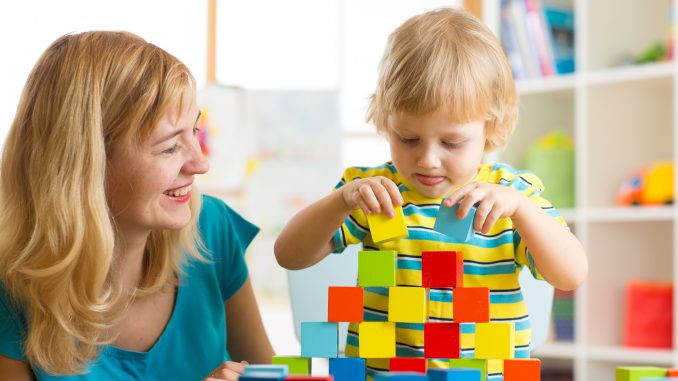
 Preschool deals with the most basic things — primarily socialization — but it is what defines a child’s perception of education. We do not give preschool the recognition it deserves in terms of preparing children for the more structured primary education and higher learning that will follow.
Preschool deals with the most basic things — primarily socialization — but it is what defines a child’s perception of education. We do not give preschool the recognition it deserves in terms of preparing children for the more structured primary education and higher learning that will follow.
Where They Learn
Sunrise Preschools explains that when children spend time with peers, they interact and learn together. Schools group children according to age, which helps teachers prepare lessons according to the capacity of the very young mind.
The environment needs to be inviting and conducive to learning, although preschool is usually not as formal as higher education is in terms of lessons and activities. Much is anchored on play, which is a significant aspect of their development.
Where They Have Fun
Transitioning a child from spending time at home to spending time at preschool may initially be challenging. That is why schools design activities to make them want to come back every day.
There is enough time for them to get to know their peers and to explore their interests, which paves the foundation for their career in the future. It’s also at this stage that they start to show an inclination toward a subject or perhaps an art form. Teachers can take cues from a child’s preferred activity and inform parents of what their child might excel in, with enough support.
Where They Love Learning
Perhaps one of the most important functions of preschool is to develop a child’s love for learning. Professional teachers know how to deal with their unique needs without making them feel bad for making a mistake. They will not develop a fear of school. Teachers should keep interest in new information alive. That is the task we expect preschool teachers to complete successfully.
Early education is not just about getting children out of the house. It lays out the foundation for their view on formal education.
